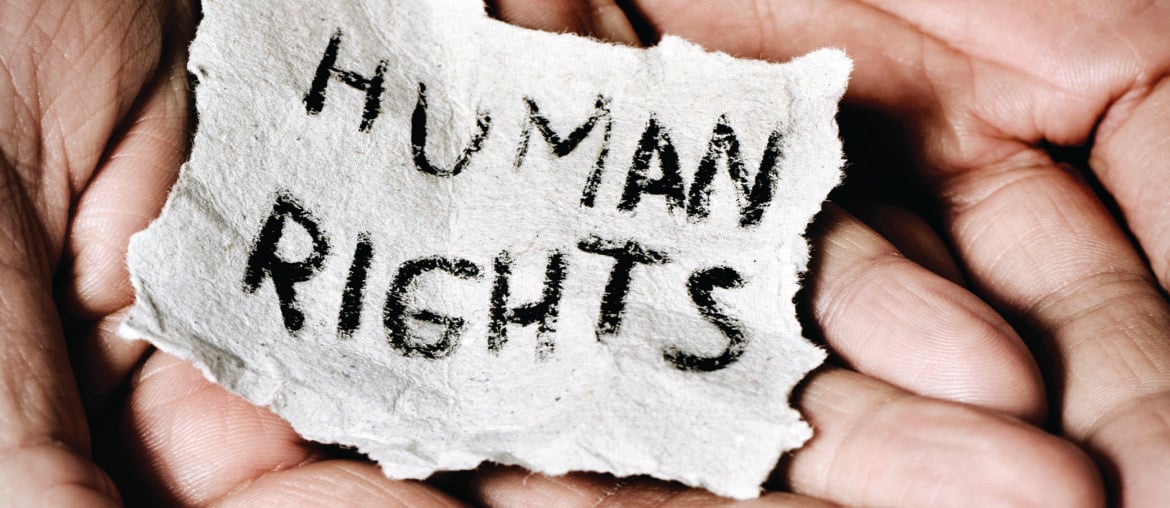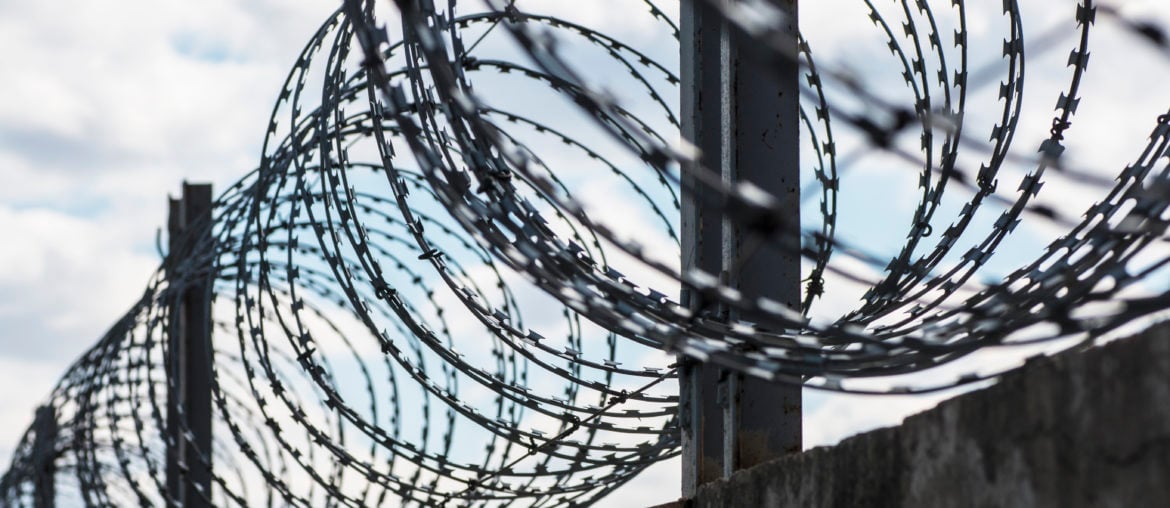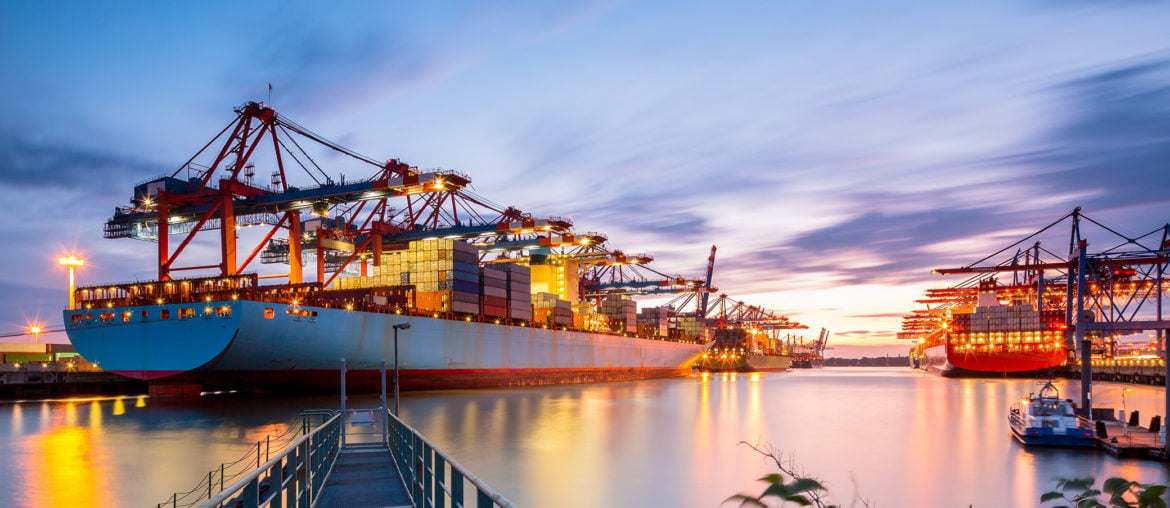In the recent flurry of US Government activity related to Xinjiang, one thing is clear: trade compliance risks continue to increase for companies with supply chains that involve Xinjiang. These latest actions add to the expanding list of companies that face import bans, export bans, and sometimes both, in addition to broader measures under consideration in Congress. This blog post summarizes the past month’s developments. Companies with Xinjiang anywhere in their supply chains should be…
In another sign of the increasing commitment of the United States to curtail the importation of goods made by forced labor, the U.S. Customs and Border Protection (CBP) has issued a Withhold Release Order (WRO) against a Chinese fishing fleet for suspected use of forced labor in its fishing operations. The WRO instructs CBP personnel at all U.S. ports of entry to detain tuna, swordfish, and other seafood that has been harvested by a fleet…
On March 5, 2021, US Customs and Border Protection (“CBP”) issued a new factsheet regarding how Withhold Release Orders (“WROs”) might be modified or revoked by CBP (“WRO Modification and Revocation Guidance”), which builds upon previous guidance by CBP on similar issues, including the factsheet issued on August 6, 2020. As a reminder, a WRO can be issued when CBP reasonably (but not conclusively) believes that certain goods are mined, produced, or manufactured, wholly or…
Introduction The UK, US, and Canadian governments have recently announced a range of new measures in relation to human rights violations alleged to be taking place in Xinjiang, China. The new measures include enhanced due diligence requirements for companies with links to the region in order to identify and remove the use of forced labor from their supply chains. The move further underlines the importance of effective supply-chain risk management for companies with complex global…
Last week the US Department of Labor (“DOL”) published a notice requesting information and comments on the following three reports on child labor and forced labor practices in foreign countries published by the US Bureau of International Labor Affairs (“ILAB”): (1) the 2019 Findings on the Worst Forms of Child Labor report (TDA report); (2) the List of Goods Produced by Child Labor or Forced Labor (TVPRA List); and (3) the List of Products Produced…
On December 2, the US Government announced the latest in a long series of actions responding to allegations of forced labor of Muslim Uyghurs and other ethnic minorities in Xinjiang, China. Specifically, US Customs and Border Protection (“CBP”) issued a Withhold Release Order (“WRO”) dated November 30, 2020 against cotton products made by the Xinjiang Production and Construction Corps (“XPCC”). The WRO was issued based on information that CBP believes reasonably indicates XPCC’s use of…
Yesterday U.S. Customs and Border Protection (CBP) issued its first finding of forced labor in 24 years (Finding) against importation into the United States of certain goods from a Chinese company. The Finding was made pursuant to 19 U.S.C. 1307, which prohibits the importation of merchandise mined, manufactured, or produced, wholly or in part, by forced labor, including convict labor, forced child labor, and indentured labor. Building upon the withhold release order issued in May…
Overview On July 20, 2020, Republican Senator Josh Hawley of Missouri introduced the Slave-Free Business Certification Act (“the Act”). If passed, the Act would require every “covered business entity” — defined as any issuer under section 2(a) of the Securities Act of 1933 that has annual, world-wide gross receipts of $500 million — to audit and report on instances of forced labor in their supply chains. Companies that deliberately violate the Act could be liable…
Child labor and other human rights violations occur around the world, and completely eliminating them from corporate supply chains is a daunting task. However, companies can take several steps to mitigate the risk of violations in their supply chains while demonstrating a firm commitment to responsible sourcing. A recent British documentary highlights both the importance of these steps as well as the limits of even the most aggressive measures. Britain’s Channel 4 Dispatches recently aired…
The U.S. Department of Labor (“DOL”) has reiterated its commitment to combating child and forced labor in supply chains, with an apparent regional focus on South America, Africa, and Southeast Asia. The U.S. government’s continued push on labor violations in corporate supply chains is further evidence that companies should be considering how well their compliance programs cover detection and deterrence of these abuses in their supply chains. On January 27, 2020, the DOL announced that…




